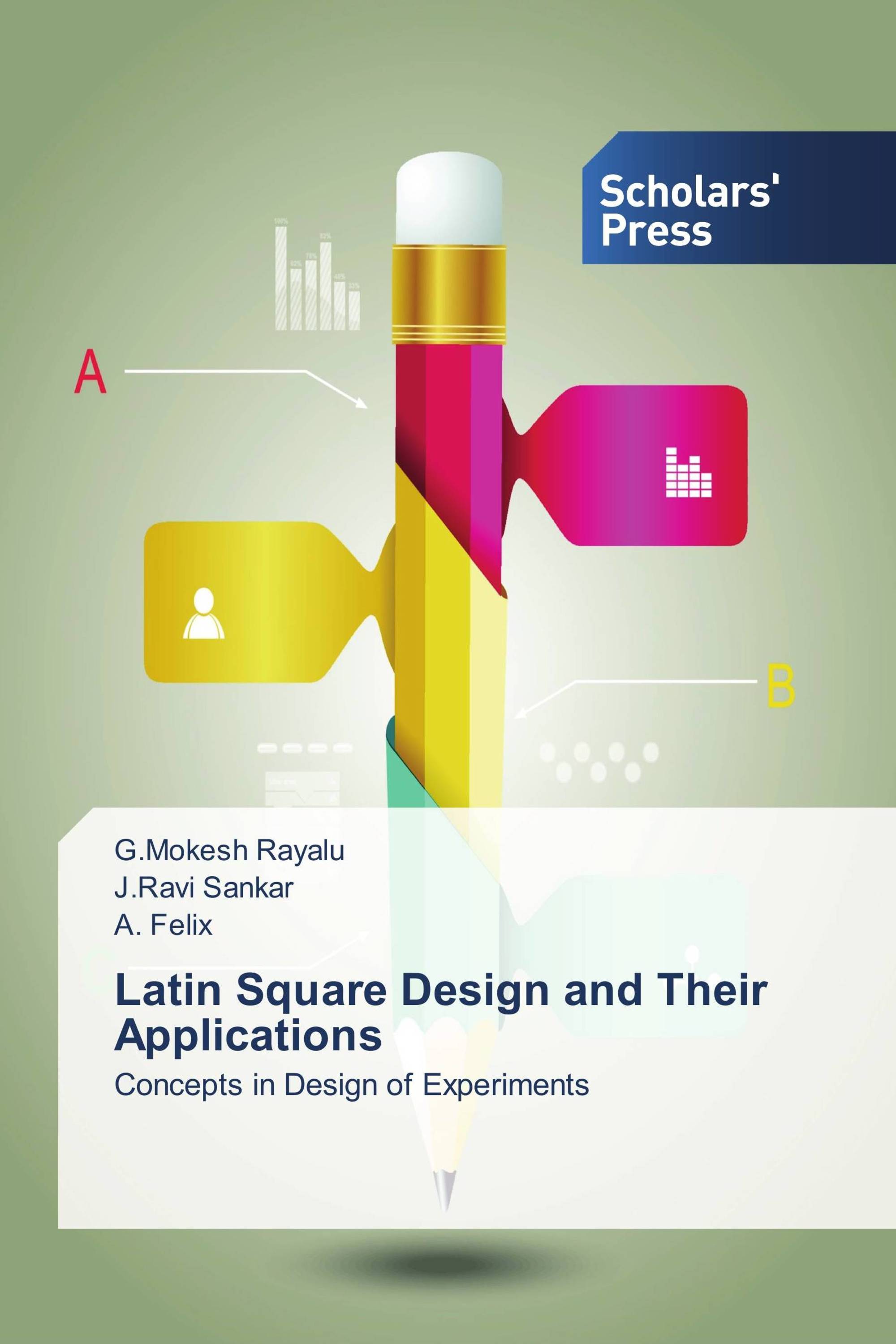The design of experiments must be regarded as an aspect of the scientific method. The general procedure in scientific research is to formulate hypotheses and then to verify them directly or by their consequences. This verification necessitates the collection of observations, and the design of experiment is essentially the pattern of the observations to be collected. In agricultural experiments, if there is soil fertility in two mutually perpendicular directions, then the adoption of a Latin square design with rows and columns along the directions of fertility gradients proves useful.Latin Square designs have a wide variety of applications in experimental work. They are used in industrial, laboratory, field, greenhouse, educational, medical, marketing, and sociological experimentation; from comparing a group of varieties of fertilizer treatments to testing biological assays; from comparing work differences in the laboratory to comparing weaving processes, and from testing tea to comparing patients in a hospital.The approach to the design of experiments which encompasses the four main aspects model, randomization, treatment allocation, analysis – and shows their interdependence.
Book Details: |
|
|
ISBN-13: |
978-3-659-84426-3 |
|
ISBN-10: |
3659844268 |
|
EAN: |
9783659844263 |
|
Book language: |
English |
|
By (author) : |
G.Mokesh Rayalu |
|
Number of pages: |
72 |
|
Published on: |
2016-11-17 |
|
Category: |
Mathematics |
